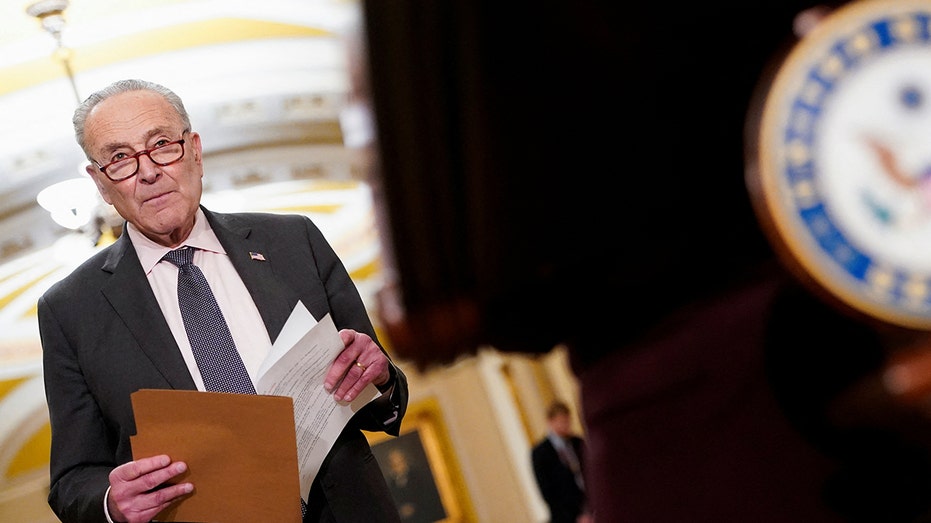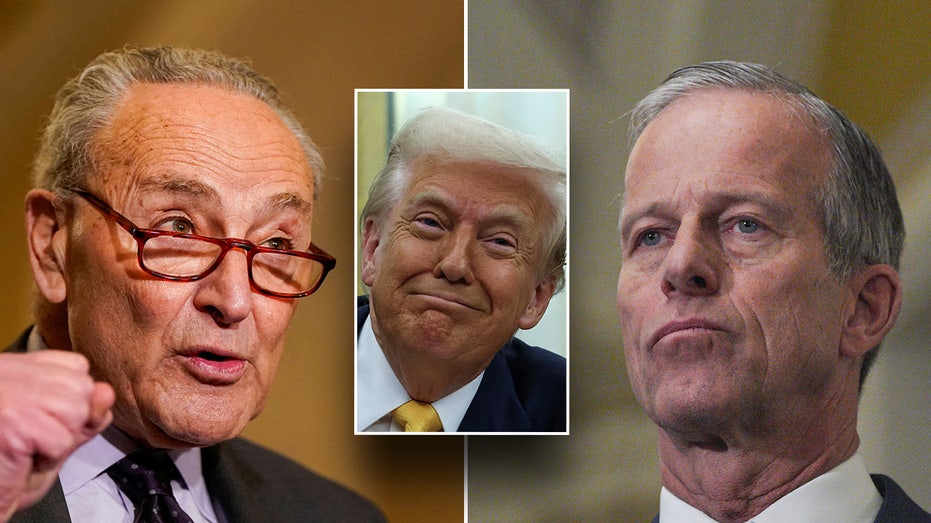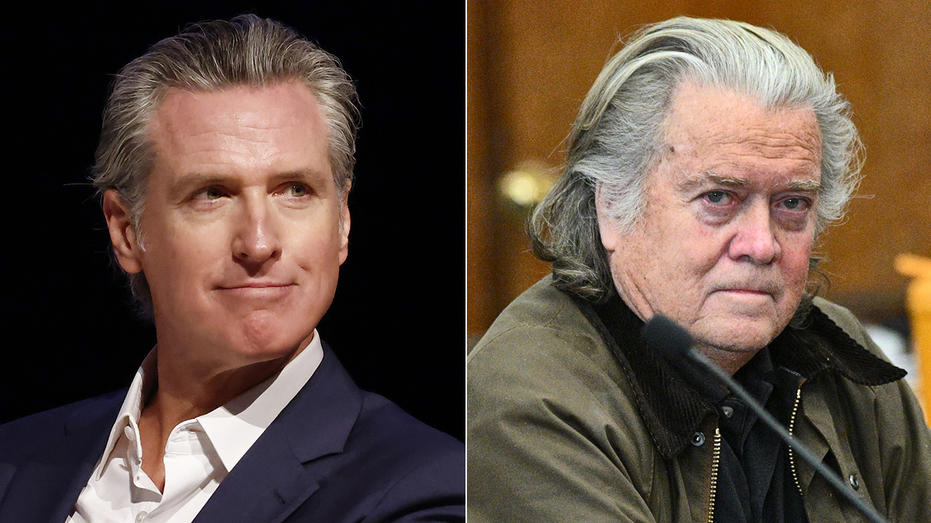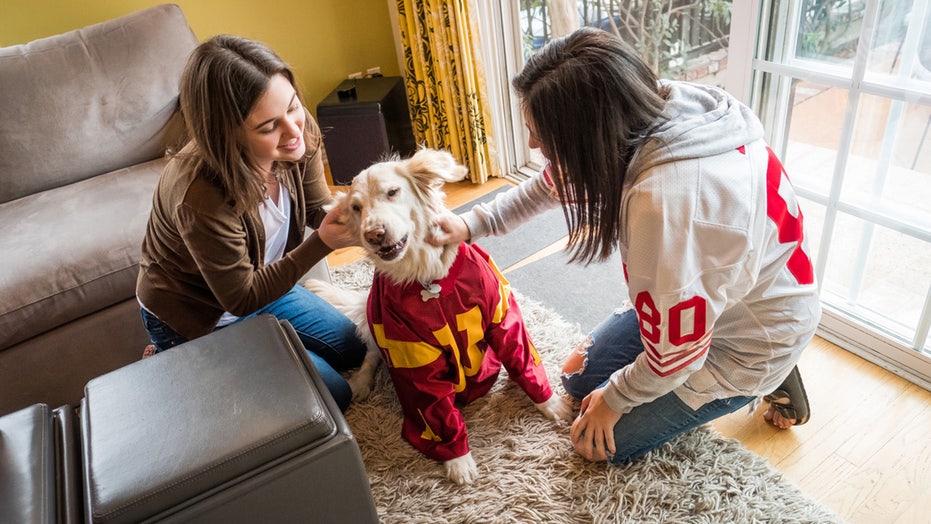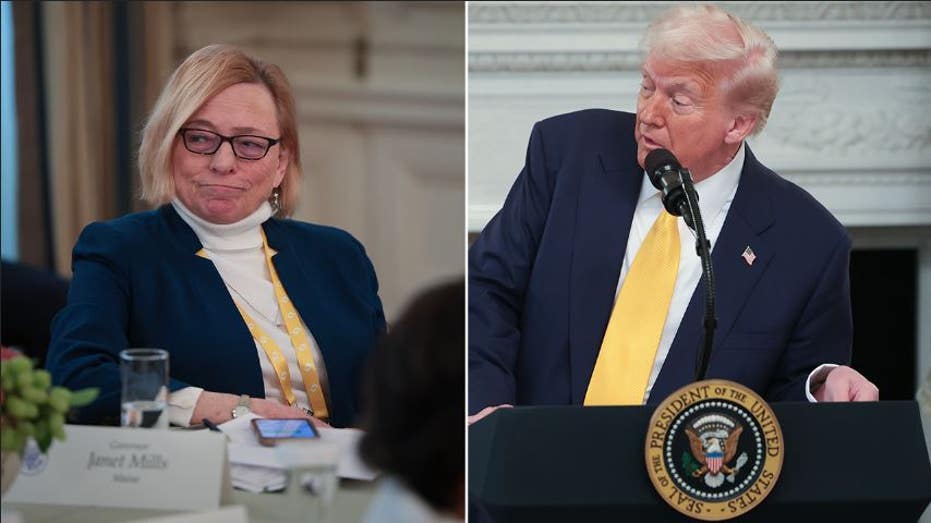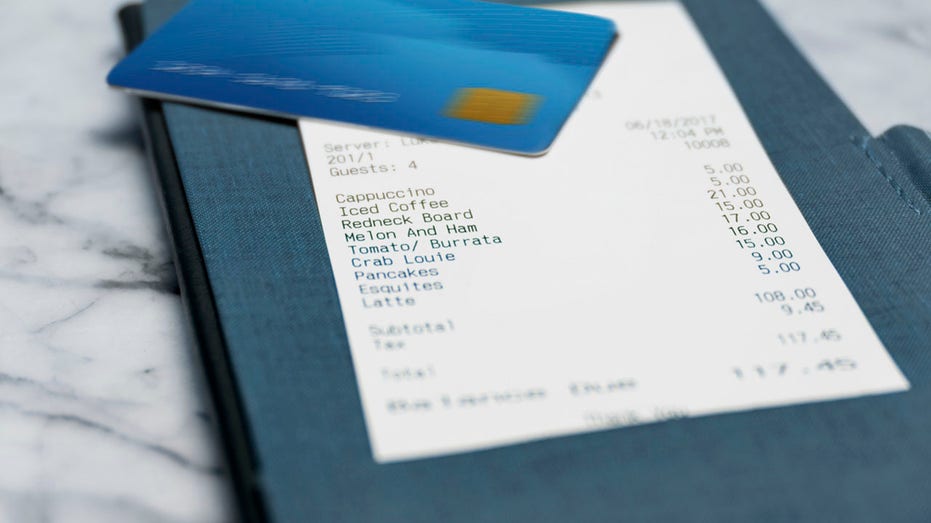- by foxnews
- 15 Mar 2025
Chappell Roan isn’t endorsing Kamala Harris. She’s taking a stand for critical thinking instead
Chappell Roan isn’t endorsing Kamala Harris. She’s taking a stand for critical thinking instead
- by theguardian
- 26 Sep 2024
- in politics
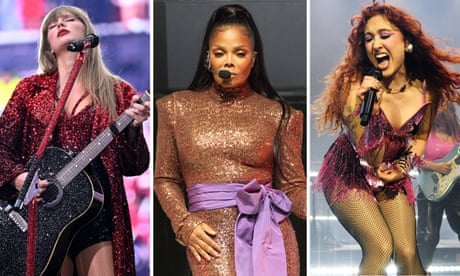
'No, I'm not voting for Trump and yes, I will always question those in power," Chappell Roan said in a recent TikTok video clarifying why she is not stumping for Kamala Harris in the forthcoming US presidential election. As she had explained to the Guardian last week, she doesn't "feel pressured to endorse anyone" - having previously denounced the Biden-Harris administration's failure to robustly defend queer rights against hundreds of anti-LGBTQ+ bills tabled by Republicans, and their ongoing support for Israel during the assault on Gaza that has killed more than 40,000 Palestinians.
It's refreshing to hear a pop star talk about politics with conviction and nuance. If only her recent comments had been received that way online. The year's breakout pop star went viral this weekend when a popular X account that aggregates pop culture titbits cherrypicked a quote from Roan's Guardian interview in which she said of Democrats and Republicans: "there's problems on both sides".
While some users supported Roan's stance, many others called her "cowardly", criticised her supposedly "neutral" stance, and accused her of being "uneducated". The backlash suggests that the majority of those pillorying Roan never read the full interview (which wasn't linked in the original X post), hence Roan hitting out about "being completely taken out of context".
What happened to Roan is emblematic of two things. The first is the parasitic, reductive way that Pop Crave-style news aggregation accounts on X extract quotes from articles in a way that prioritises engagement over substance. Would the outcry have been the same if the account published Roan's full quote, in which she encourages people to use "critical thinking skills" and "vote for what's going on in [their] city", along with her vociferous support for trans rights? I doubt it.
The second is that many musicians' fanbases are now often admirably politically conscious and demand stars speak out against injustice, meaning they will make it known if they are unhappy with an artist's position. The difficulty comes when those fans expect stars to fit a particular way of performing their politics.
Pop stars weren't always expected to be as politically literate as they are today. The worst of 80s pop was well meaning but wince-inducingly shallow. Later, being political could often be detrimental to mainstream success: in 2003, the Chicks were blacklisted from the country music industry after Natalie Maines said she was ashamed that then-US president George W Bush was from their home state of Texas.
But the rise of social media in the early 2010s created an ecosystem of liking, following and sharing, where a user's tastes reflected back on them and could be used to signal their own political morality. The Tumblr blog "your fave is problematic" documented celebrities' perceived moral transgressions. Celebrities, particularly pop stars, quickly adapted accordingly.
Then came 2016. Hillary Clinton had everyone from LeBron James and Bruce Springsteen to Beyoncé and Kim Kardashian helping her try to stop Donald Trump from becoming president - everyone except Taylor Swift. Swift's political silence was heavily criticised and conspiracies swirled that she was a Republican. She would later tell the Guardian the pressure she felt "making statements that go out to hundreds of millions of people" and that she worried that her then-maligned reputation (in the wake of beef with Kardashian and Kanye West) might have been "a hindrance" to Clinton.
She endorsed Biden in 2020, but more recently, fans have questioned why she has hung out with Brittany Mahomes, a Trump supporter (and wife of a teammate of Swift's football player boyfriend). Swift backed Harris and Tim Waltz earlier this month - though she explicitly framed her decision to back Harris as triggered by a personal crisis of Trump using AI-falsified images of her appearing to endorse him, rather than leading with a broader social conscience.
The furore around both Roan and Swift speaks to the febrile environment dominating US politics. Poll after poll has shown this could be the closest presidential race this century. Women's right to bodily autonomy is at stake - which is partly why there's so much more scrutiny on female musicians. The threat of a second Trump presidency, coupled with fears of the far-right activating Project 2025, have made this election feel like a battle for the soul of American democracy. With the race on a knife-edge, leftwing pop fans are grasping at any positive endorsement that might help Harris. It's not without precedent. Back in 2008, it was estimated that Oprah Winfrey's endorsement of Barack Obama translated into one million votes. Swift's post endorsing Harris led to more than 400,000 people going to voter registration sites. The potential power of these endorsements is also evident from rightwing attempts to debunk them: after Paramore singer Hayley Williams spoke out against a potential Trump "dictatorship" at a festival last week, Elon Musk called her a "puppet of the machine".
But there's an argument that we shouldn't look to them for political guidance, given that wealthy musicians live in a world mostly unburdened by the hardships and struggles faced by everyday people and marginalised communities, and they seem as prone as anyone to accepting disinformation. Many fans of Janet Jackson - the artist behind the radical, progressive politics of 1989 album Rhythm Nation 1814 - were crushed this weekend when in a Guardian interview she parroted Trump-propagated misinformation that Harris is "not Black". Pharrell Williams is also currently in hot water with fans for saying that he doesn't "really do politics" and gets "annoyed" when celebrities tell people who to vote for.
I would argue it's fair to want celebrity musicians to be politically astute, particularly if, like Jackson, they're willing to comment on politics in interviews. The key thing is not to simplify complex political stances to fit the narrow bounds of what a hive mind on social media has deemed acceptable. Think of the way Nick Cave has been accused of being "conservative" - though it's fine to question his beliefs about religion, boycotts and dogma, those beliefs do not neatly map on to that term and it diminishes the debate to suggest they do.
What separates Roan's political interventions from her peers is the way she wants to empower her young fanbase to think smarter and harder about how they can actively engage in politics. She had asked for critical thinking, but the kind of narrow, hardline stance her comments were met with is the antithesis of the tolerance, empathy and self-reflection that should be part of leftwing thought. Roan is right not to tell fans what to do this election. Instead she's a valuable demonstration of what it means to live your politics. As she clarified on TikTok: "Actions speak louder than words and actions speak louder than an endorsement."
- by foxnews
- descember 09, 2016
Neighbors react as viral 'Tunnel Girl' granted permit to continue digging massive bunker under home
"Tunnel Girl" in Herndon, Virginia, "finally" got her tunnel project approved after pausing the project due to a potential violation. Locals and social media users react.
read more